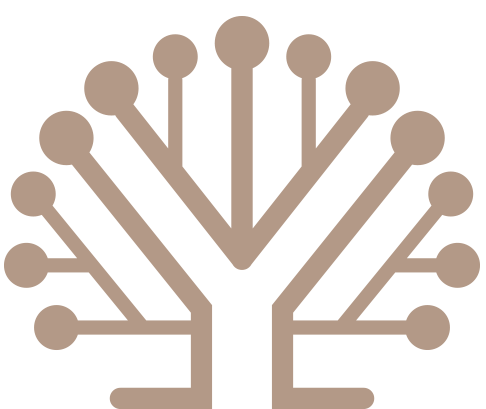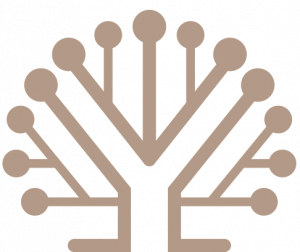

Close

Welcome to Part 2 of my Dear Dad series, where we discuss just how you should be incorporating your most diverse workforce into your business. We all understand the necessity of political correctness in 2019, but could it actually benefit your brand? Read Dear Dad Part 1 first.
‘Dear Dad, No offence, but I think your attitude is the one that needs to change. Lusms xxx’
I hear what you’re thinking: Why do we need to change? They should fit in with us! Just look at what we have built! Yes! I hear your point (I have heard it from lots of executive leaders!), and yes, it is a good one – but after years of working with teens I can tell you that a good point won’t change the millennials! And since they now make up over 50% of the workforce, you need to get your attitude straight! The good news is they won’t be concerned about your differences as much as you are! Yes, you are both going to have to learn to work together, but this starts with the right mind set, because if you are finding yourself fixed in your ways (maybe a bit stubborn? Defensive?), you could be preventing change at the office.
Why am I picking on you as a business leader? Because millennials grew up in the most tolerant time yet! Diversity is their thing: race, ethnicity, gender, sexual orientation, age… they grew up learning that despite our differences we are all great! Need more proof?
So… they can connect with you… the question is what do they all have in common that allows them to be so connected, so well?
1.They are tech-savvy, but not addicted. Mark Zuckerberg was clearly tech-able! But he stated that whilst speaking to friends on Facebook makes us feel good, scrolling through habitually and aimlessly does not. When these CEOs used technology to serve them, it worked wonders in connecting, but if we become addicted, we will soon be the servants.
2.Space for creativity within a business framework – A survey of 200 entrepreneurs in 6 countries found that the more innovative and creative a company was, the higher its success rate. So, these CEOs connect effectively using creative means.
3.Emotional Intelligence – An empirical study on senior managers in the public sector showed that emotional intelligence leads to better work attitudes and outcomes!4 Mental health awareness, therapy and ‘feeling-sharing’ is increasingly common, leading to better emotional intelligence lying at the heart of better connectivity across diversity.
So now the question is how can you connect with them?
Yes, you know you need to be tolerant, otherwise you could be sued. And so you are tolerant; multiculturalism, religion, feminism, gender, and so on…. But age is not on most of your lists. It’s true you can’t yet be sued for millennial-discrimination (that could change with all these millennial lawyers around), but since millennials are now over 50% of our workforce, it’s time to add them on. It’s is time to take them seriously as a category that needs exploring, considering and care in managing, instead of branding them all with ‘they’re a nightmare’ label. Especially since self-fulfilling prophecies are a real thing… the more we call them a nightmare, they more they will be just that!
Being open to age diversity is not just politically-correct, but has been found to lead to more successful companies. Employee diversity has been empirically proven to strengthen organisations, if managed correctly, increasing innovation, productivity, quality, better problem-solving skills and better customer service through more diverse skills and experiences.
It’s time we change our mind set to one that looks at age in the same way we view other forms of diversity – despite our differences, talent is talent, whichever generation it appears in. That talent will thrive if we open up our minds, learn about the differences and learn what makes them tick. If we are willing to do that we will bring out the best in all employees, regardless of age, which will also keep them working for you longer.
